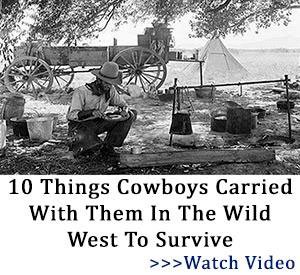
Plan your backpacking trip carefully far in advance of the actual date. Decide where you will hike and how many days your trip will last. Get familiar with the climate and terrain of the trail so you can adequately prepare your body and get the necessary gear. Always remember to tell friends and family about your backpacking plans. Leave detailed information of where you will be and how long you will be gone with a loved one so help can be sent in the case of an emergency.
Once you have planned your trip, you can decide on gear and equipment. Weight is the most important factor for backpacking. Consider the altitude and climate of the area you will be traveling in, as well as the forecasted weather for the days you will be backpacking. Choosing a tent and sleeping bag will depend on how you personally sleep, the weather, and the number of people going along.

You will need a flashlight and/or a headlamp. A small, lightweight flashlight is good to carry with you at all times. Remember to bring along an extra set of batteries for your lights. Pocket knives and tools are important for every trip. The Gerber 600 Pro Scout with toolkit is a great all in one option that saves on space and weight.
Remember to pack extra food, at least one extra meal, and extra fuel for your stove if the food requires cooking. The final things you need to always bring along on every backpacking trip, even a day trip, are extra clothes and emergency shelter. Extra clothes should include a wool or fleece sweater, waterproof pants and jacket, thermal underwear, insulated gloves and socks, and a warm polypro, wool, or polar fleece cap. Space bags and tube tents are good lightweight shelters.





